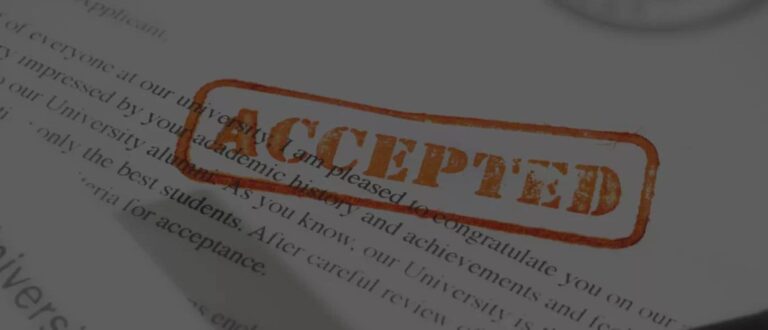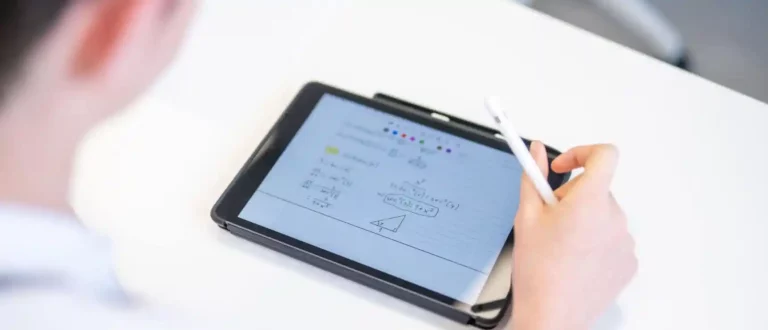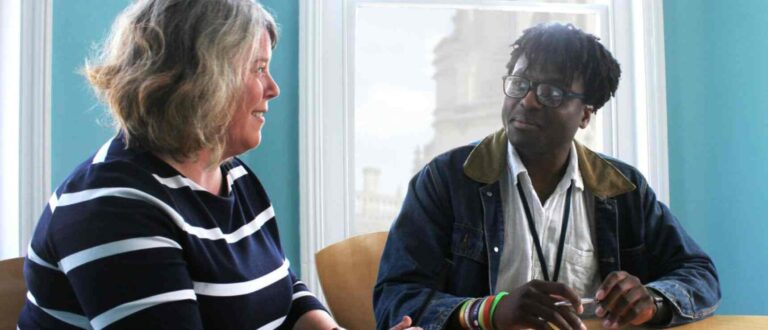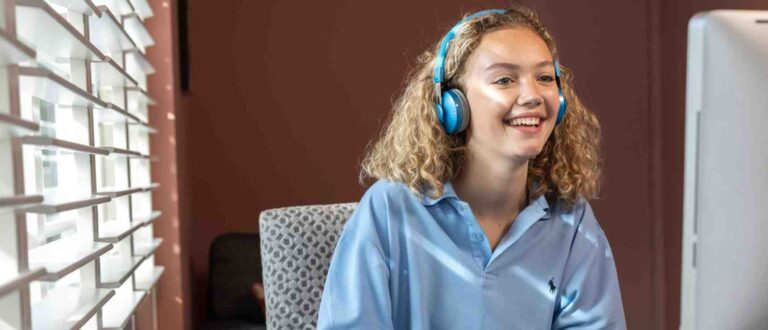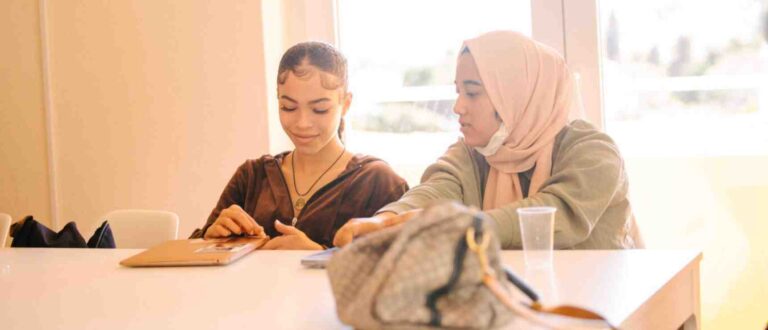The top universities – like Oxford, Cambridge and Stanford – are a gateway to exceptional education. But gaining entrance is fierce – Stanford, for example, only accepts around 4% of applicants. UK university acceptance rates are much higher, but still hardly guaranteed – Oxford accepts less than 20% of applicants.
Why taking extra subjects is key to winning a place
If your goal is one of these top global universities, getting good grades is only the first step. Extra-curricular success is also important as is demonstrating breadth and work ethic by taking subjects on top of the standard school curriculum.
For our CEO and founder Jamie Beaton, taking extra subjects was one of the key things that made him stand out in a crowded field.
“One of the things that really helped me get into many of the world’s top universities like Harvard, Yale, Princeton and Stanford was doing 10 A-levels – most students are doing three or four. I opted to do a lot more than the typical student to showcase that academic difference.” – Jamie Beaton.
Get internationally recognised grades
While some secondary schools offer A-Level exams, many don’t. Some, like many in the UK, require applicants to have studied for A-Levels. A-Levels are run by examination bodies such as Cambridge International and Pearson EdExcel are recognised at leading international universities in 125 countries. They’re accredited, well respected and easier for universities to understand than local results. This makes it easier to apply to international universities and certainly gives students an edge.
Demonstrating breadth and curiosity
With competition so tight, top universities are likely to prioritise students who excel in all subjects – from mathematics to the arts. Showing this breadth is difficult if a student is taking only the standard four papers. Adding two or three more can round out their CVs by showing their adaptability and academic curiosity.
“In the US and the UK, schools are focused on how well you perform relative to other students in your community. If you take the same number of subjects as everybody else you look like all of them. By taking 10 A-Levels, I was able to clearly signal that I’d really stretched myself over many years, had a lot of academic curiosity and had the ability to get through those subjects,” says Jamie.
Support career decisions
Taking more subjects is about more than just looking good on paper. Studying additional papers means students can access a broader range of subjects than they might have done sticking to a standard curriculum. This can help them explore and choose different career pathways.
“I wasn’t sure what exactly I want to do in the future. So, the extra subjects meant I was exposed to biology, chemistry, physics, math and also further depths in more creative subjects like thinking skills and French while building out some business experience through business studies and economics,” says Jamie.
Prepare for university success
Additional subjects can also prepare students for success at university. Choosing to study more advanced levels means that by the time they arrive, students can skip the entry-level papers and move ahead of their peers.
Jamie says this really boosted his progress.
When I got to Harvard I could skip the first coursework and jump into some pretty meaty economics topics. I was able to take things like PhD Finance classes in my second year.
Stand out from the crowd
To be one of the few applicants accepted into a top university, a straight-A grade average isn’t enough – students must show they can excel in broad subject matter and a take on greater challenges than their peers. One proven track to rise above your peers is to take additional A-Level papers outside school across a range of subjects. This will help students excel at an international university and set them up with a great career to follow.
